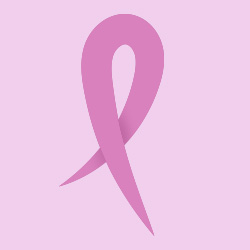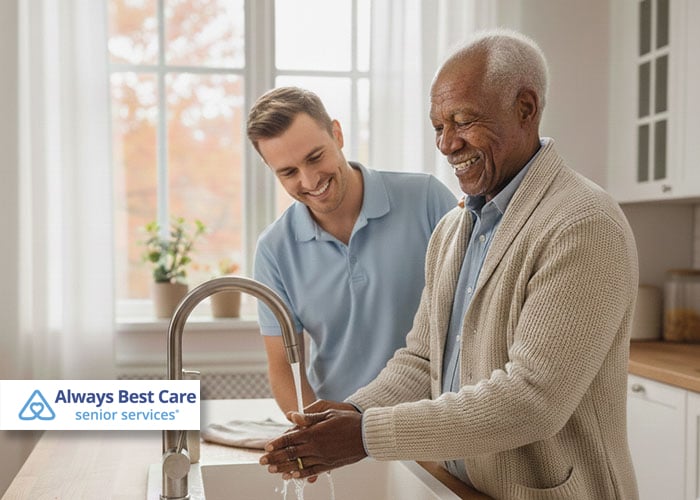Breast Cancer and Seniors: What You Need to Know

October is Breast Cancer Awareness Month, and while a lot of attention is given to the importance of early detection and women getting mammograms beginning at age 40, there is less emphasis on older adults. In reality, this population is at increased risk and should continue to be vigilant about breast health.
According to the Surveillance Epidemiology and End Results registry, “The median age of a breast cancer diagnosis is 62 and nearly 20 percent of women diagnosed are over the age of 75.” Researchers also predict that cancer diagnoses in women ages 70 to 84 will continue to increase.
The good news is that breast cancer is still treatable – and survivable – for seniors. Whereas radical mastectomies were once commonplace, with advancements in research and treatment, they are now fairly rare with other options proving effective. More studies are being conducted to better understand cancer development and treatment effects on older adults. It is important that the patient’s age and functional ability be taken into consideration when undergoing chemotherapy treatment to reduce risk of potential toxicities and minimize the impact on their quality of life.
Breast Cancer Signs and Symptoms
Early detection is still key when it comes to effectively treating breast cancer. Women should continue to receive annual or biennial mammograms to monitor breast health and detect any changes. Unfortunately, doctors have found that seniors tend to become less consistent with yearly breast screenings. Monthly self-exams are also recommended, as well as paying attention to warning signs that may indicate breast cancer.
Signs and symptoms include:
- A lump in the breast or underarm
- Visible changes in breast size or shape
- Redness or pitting of the skin
- Bloody discharge from the nipple
Women should also know common risk factors for breast cancer such as:
- Over 50 years old
- Menarche beginning before age 12
- Menopause beginning after age 50
- No pregnancy or pregnancy after age 30
- Long-term oral contraceptive use
- Dense breast tissue
Treatment for Breast Cancer
Surgery is still very common for breast cancer, but it is not necessarily the first line of defense. Many women undergo chemotherapy or radiation therapy to shrink or destroy tumors and cancer cells. These treatments are sometimes used in conjunction with one another, or with surgery. A lumpectomy may be performed to remove just the tumor, or a mastectomy may be performed to remove the entire breast. Hormone therapy is also becoming more common for certain types of breast cancer.
Chemotherapy and radiation often take place over many weeks and require regular visits for treatment. These treatments can be hard on the body, and it can be beneficial for women to have reliable transportation as well as support at home to manage side effects and assist with daily care.
In-home caregivers can provide a wide range of non-medical care and support for women as they undergo or recover from breast cancer treatment. Caregivers can help prepare healthy meals, assist with mobility, accompany individuals on errands or outings, provide medication reminders, perform light housekeeping, and much more allowing seniors to remain as independent as possible.
Contact Always Best Care today at (855) 470-2273 to schedule a free consultation and learn more about how in-home care can benefit seniors during cancer care, recovery, and general aging in place.





